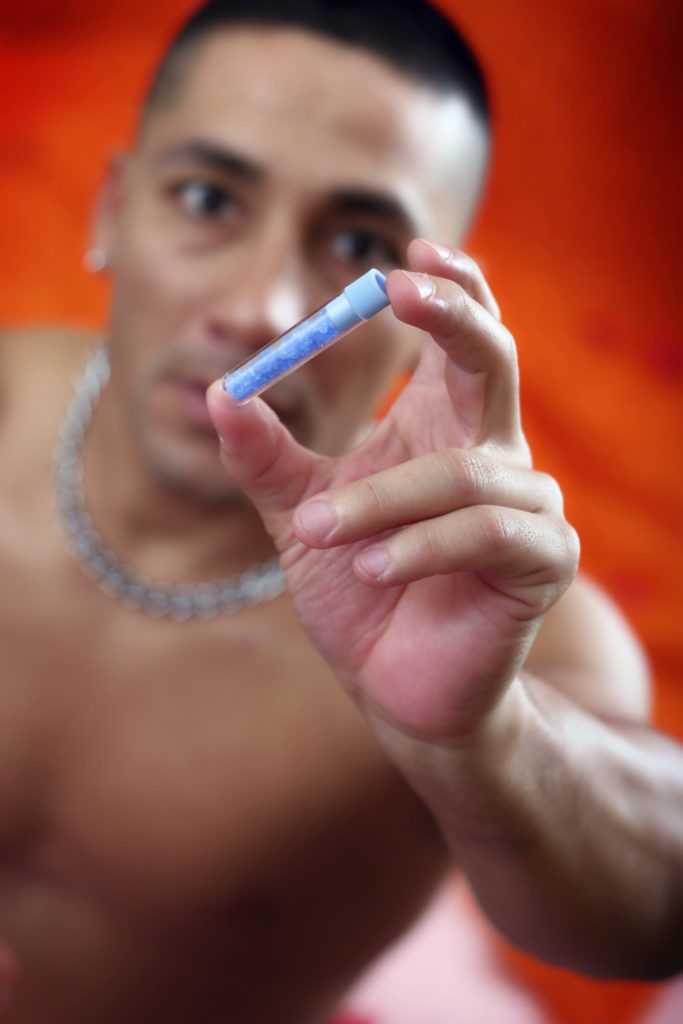You lie awake at night worried about your teenager. He or she has always been a challenging child, but recently they’ve morphed into someone you can barely control. You don’t trust their friends, their grades have dropped, and you suspect they’re doing drugs. Any simple request leads to an argument. They’ve had therapy on and off for years with no tangible results. You don’t know how to turn them around and you worry that things will get worse before they get better. You’ve started to think that your teen needs residential treatment, but you’ve heard horror stories of disreputable facilities. How do you know your child wouldn’t end up at one of those? The media tends to focus on worst-case scenarios because stories of well-run facilities are less likely to grab an audience. But there are many excellent treatment centers, and educational consultants can provide valuable support to parents considering this option. These professionals can help you find a place that’s best suited to assist your child. Many parents resist residential treatment because they’re concerned that their child will feel abandoned. But the closer they gets to 18 — when they’re a legal adult and can check out of a facility themselves — the smaller your window to help turn them around. If you’re still not sure if your teen needs this level of care, consider the following five signs that they’d benefit from time spent in residential addiction treatment:
- They don’t seem to understand that their actions have consequences. There’s a disconnect between what they do and the negative chain of events that ensues. They blame their behavior on other people and circumstances while continuing to make the same mistakes. You live in fear of the phone ringing (from school, the police or other parents) and spend far too much time in crisis-management mode.
- They don’t respond to typical behavioral strategies. If you take away a typical teen’s cell phone privileges for a week because they missed curfew, they’re likely not to repeat the same mistake. If you incentivize good grades by promising $50 for every “A,” they’ll probably hunker down and study harder. But remember: You don’t have a typical teen. Your child isn’t motivated by rewards or consequences. They’ll continue to act out no matter what you do and blame you for their poor choices. You find yourself either battling them constantly or becoming too exhausted to set limits.
- Their poor judgment is escalating. They’re not just doing drugs anymore, they’re also selling them. They’re hooking up with potential mates who are too young. Their grades have dropped precipitously and they’re ditching school. They’re stealing. They’re violent. They’ve been arrested.
- Psychiatric issues. They’ve had multiple diagnoses, but none of them quite fit. The various psychotropic drugs they’ve been prescribed have made a difference. They’ve had at least one psychiatric hospitalization for threats to harm themselves or others.
- Your house is a war zone. They promise to do better, but they don’t. You promise to keep your cool, but you lose your cool. They’re verbally abusive and physically aggressive. Their rages have escalated to the point where you lock yourself and other loved ones in another room.
Your entire life now revolves around managing an unmanageable situation because teens like yours can’t be contained in a regular home. Adolescent treatment facilities provide the structure and support your teen needs in order to stabilize their behavior and take accountability for their actions. You’re not abandoning them by sending them to residential treatment — you’re keeping them and others safe. By Virginia Gilbert, MFT Follow Virginia on Twitter at @VGilbertMFT






